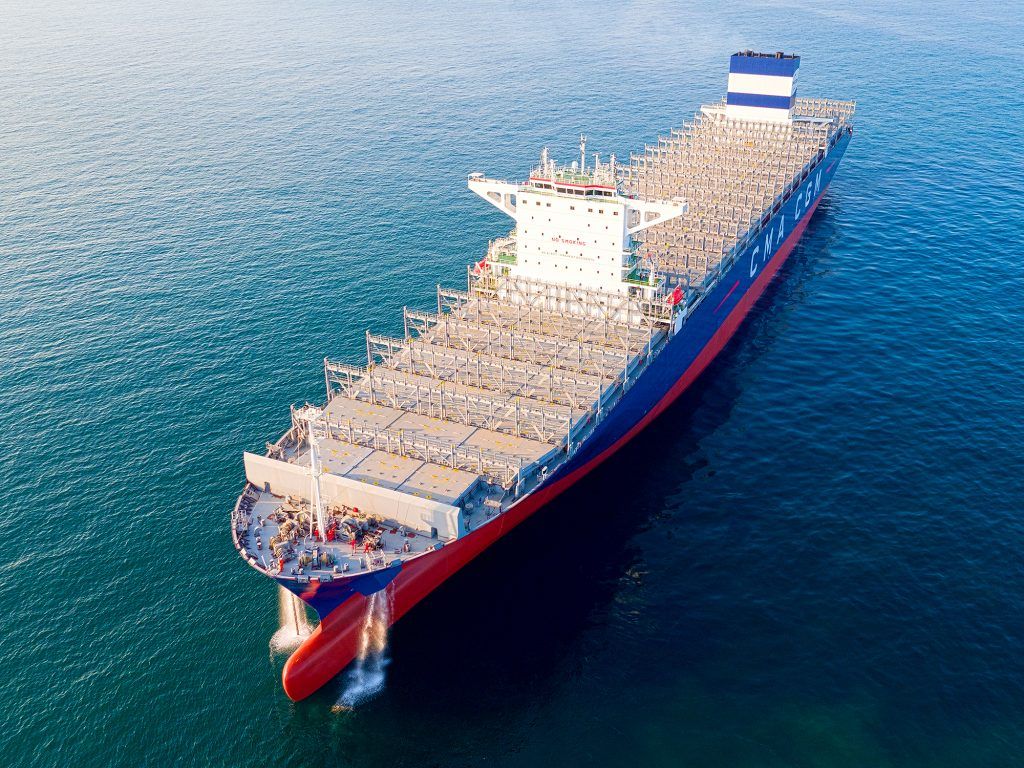Most of the 4,900 ports in the world do not use digital technology even for the most basic processes, indicated an article published by the United Nations Conference on Trade and Development (UNCTAD).
The article was written by specialists from Research Institutes of Sweden, Anchor Group, World Economic Forum, National Port Agency of Morocco, Portnet Trade and Logistics Single Window of Morocco, FWA, Cadi Ayyad University and Eco Wave Power.
At the same time, 80% of ports continue to rely on manual legacy solutions, such as whiteboards or spreadsheets, to manage critical marine services such as towing, piloting and docking.
However, according to the same source, collaboration between traditional industry leaders and startups is on the rise and test benches and maritime accelerators have emerged.
For example, in August 2019, Inmarsat, Cargotec, Shell, HHLA, and Wärtsilä launched the second cycle of the Trade and Transportation Impact Program in search of 10 mature startups.
This innovation platform was created to generate business partnerships between startups and major transportation companies.
Additionally, Singapore‘s largest shipping company, Eastern Pacific Shipping (EPS), partnered with investor and accelerator Techstars to create a space where innovation is accelerated.
Ports
Innovation efforts are picking up at major ports.
For example, port and maritime accelerators, such as PortXL, which originated in the port of Rotterdam, have also appeared in the ports of Singapore and Antwerp.
New data exchange platforms, such as Perseus from MarineFields driving the STEAM project in Cyprus or NxTPort and Port + emerging from the Port of Antwerp, are allowing external developers to create new applications associated with ports, connecting local exchange communities. of information to better respond to the needs of the global supply chain.
LivingLab’s physical environments, such as the one in the Port of Singapore, allow service providers to experiment and demonstrate solutions in authentic environments.
![]()

